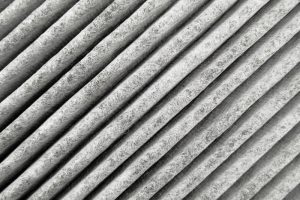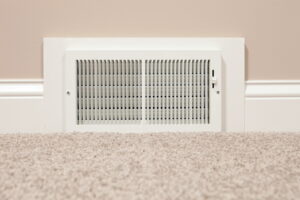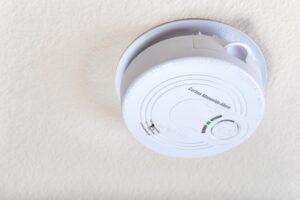There is certainly something to be said for upgrading your current HVAC equipment to newer, more energy efficient equipment. Doing so can save you a ton of money in heating and cooling costs and it can make your home a more comfortable place in general. Of course, upgrading your equipment is a big investment, but ideally you will save enough on your monthly energy bills that it will more than make up for the initial cost of the installation.
But before you can decide whether or not it makes sense for you to upgrade, you need to know exactly how much you stand to save every month by upgrading. And that will vary considerably depending on several particulars of your situation.
For instance, you will have to take the age of your current system into account. No matter how energy efficient your system was when you first bought it, that energy efficiency has almost certainly deteriorated over time. Plus, the older your system is, the less energy efficient it probably was to start with. And the less energy efficient your current system is, the more you will save when you upgrade to a newer, more energy efficient system.
But that is not the only variable you will have to be on top of. The amount you will save monthly and annually will also have to do with how much you use your HVAC system. If you live in a rather temperate climate, you may use your HVAC much less, both in the summer and the winter.
In a case like this, the percentage you will save with an equipment upgrade will be the same as it would for someone who lived in an area with a harsher climate, but the actual dollar value will be much lower. All that really means is that it will take you longer to recoup your investment, but it may still be worth it to invest in a new system now.
You will also need to be aware of other factors that could impact the energy efficiency of your HVAC system. For instance, if your house is not well insulated, it will not matter how good your HVAC system is. You will still be paying more than you should to keep the indoors comfortable, and while investing in a new system may save you money, you will save more by taking care of your insulation problem first.
Continue Reading
Tags: HVAC, O'Hara, Oakmont, Upper St Clair
Posted in Home Savings | Comments Off on How Much Can I Save with New Equipment?





 When you see something about spring cleaning, you likely envision dusting and decluttering your home. Maybe you bag up some stuff to donate and call it a day. These tasks will certainly help you enjoy your home more, but we have a slightly different idea of what spring cleaning looks like.
When you see something about spring cleaning, you likely envision dusting and decluttering your home. Maybe you bag up some stuff to donate and call it a day. These tasks will certainly help you enjoy your home more, but we have a slightly different idea of what spring cleaning looks like. Keeping warm during a Pennsylvania winter is already a challenge in itself. It shouldn’t be something that could cost you or your loved one their health. It is a sad fact, however, that lives are lost each year to a preventable heating issue that leaks deadly gas into your home.
Keeping warm during a Pennsylvania winter is already a challenge in itself. It shouldn’t be something that could cost you or your loved one their health. It is a sad fact, however, that lives are lost each year to a preventable heating issue that leaks deadly gas into your home. So your heater has broken down, your air conditioner needs replacement, or you’re looking for technicians to perform routine service. We know how frustrating this can be, and for many people, it’s a daunting task to take on. Finding technicians in your area that you can trust is hard enough. Will they overcharge you? Is there any way to save money on having technicians out to your home?
So your heater has broken down, your air conditioner needs replacement, or you’re looking for technicians to perform routine service. We know how frustrating this can be, and for many people, it’s a daunting task to take on. Finding technicians in your area that you can trust is hard enough. Will they overcharge you? Is there any way to save money on having technicians out to your home?